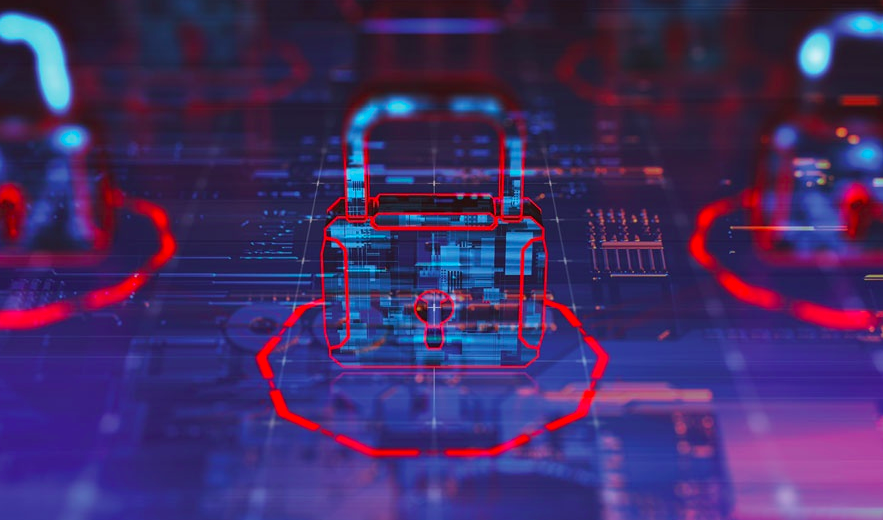The 401(k) system is one of slowest segments of the financial services industry to embrace modern digital technology.
While there are technology vendors working on digitizing part of retirement plan advisers' workflow, many record keepers still rely on databases and core technology platforms.
"Let's face it, we're so entrenched in our legacy systems, it's even tough for us to move to the cloud," said Lisa Kottler, a retirement advice industry tech expert and former chairman of the National Association of Plan Advisors' government affairs committee.
[Recommended video: Top retirement plan advisers worry about threats from record keepers and fee compression]
At
Broadridge Financial Solutions Inc.'s annual GetConnected conference in Colorado, Ms. Kottler said evolving technology could require firms to upend their entire record-keeping systems. That's a tall and likely very expensive proposition, but Ms. Kottler asked the audience to imagine what the 401(k) industry would look like if their firms has a blank slate to build an entirely modern firm.
How could a modern 401(k) provider take advantage of what Broadridge calls the "ABCDs of innovation" — artificial intelligence, blockchain, cloud technology and data?
"These technologies we're talking about can help with regulation because of heightened transparency," Ms. Kottler said.
Blockchain, the distributed ledger technology underpinning digital currencies like bitcoin, has enormous potential for the 401(K) market, she said.
[More: Blockchain will upend the 401(k) market]
The peer-to-peer nature of the blockchain eliminates the need for a third-party database, allowing record keepers to conduct transactions directly with clients and with each other. It's also much more difficult to hack a blockchain, and members of the chain can see and verify the identity of anyone involved in a transaction.
The blockchain also would allow record keepers to take advantage of "smart contracts," a digital program for facilitating and enforcing contract negotiations where a contract will execute only after all necessary conditions have been met.
Anyone who can read the blockchain can read the contract and verify it, said Jason Timmes, CTO of Broadridge's asset management services. The contract also can't be modified later.
"It facilitates regulatory oversight," Mr. Timmes said.
Blockchain technology is obviously still in its infancy. There aren't even enough engineers yet who understand the technology well enough to build something for record keepers, and Ms. Kottler said she had "no idea when this could happen for the 401(k) world."
[More: Why in the world isn't the 401(k) industry entirely digital?]
But other technologies are much further along and could immediately benefit not just the firm, but outcomes for plan participants. Embracing the cloud,
big data analytics and AI can help record keepers make client interactions with the firm more mobile and digital.
"If we are going to effectively increase coverage and increase engagement amongst participants, we have to meet [participants] where they are," Ms. Kottler said.
Firms already making the investment to modernize are seeing improvements in how retirement plan advisers deliver client services, said Jason Roberts, an ERISA attorney and CEO of
Pension Resource Institute. Digitizing back office functionality is freeing up advisers to focus their time on finding new business and implementing financial wellness programs.
[More: Plan sponsors, record keepers struggling to measure success of financial wellness programs]
But he cautioned firms to be careful what they wish for when it comes to data. Firms will be liable for knowing what investor data they collect and could be held responsible for information they don't even have a reason to obtain.
"You could be liable for failing to prevent or detect a breach," Mr. Roberts said.







